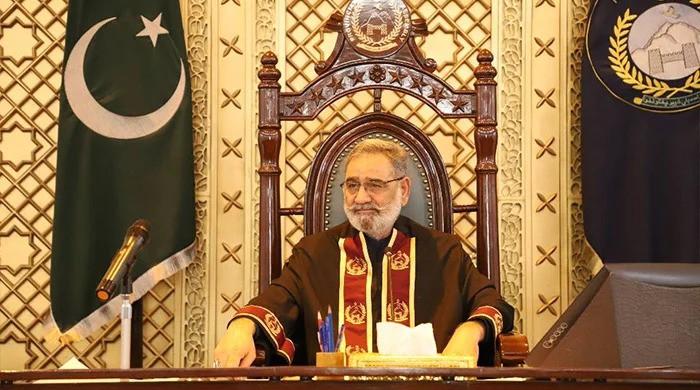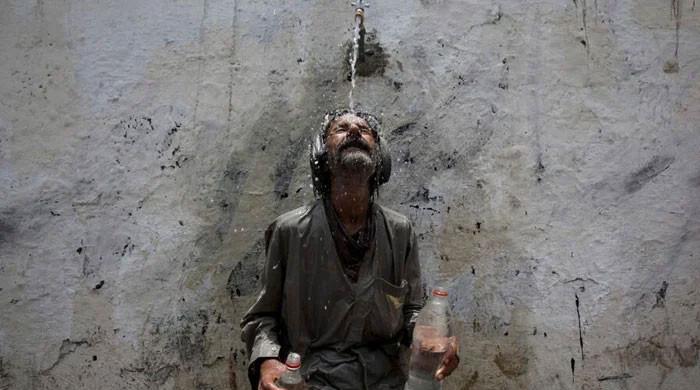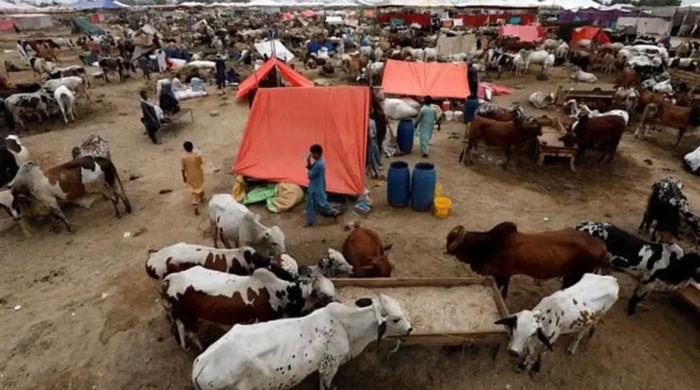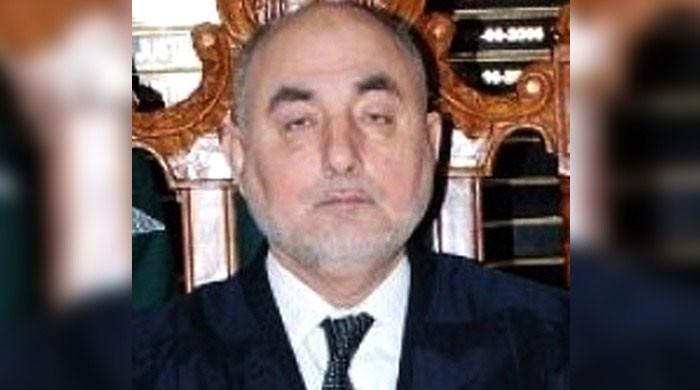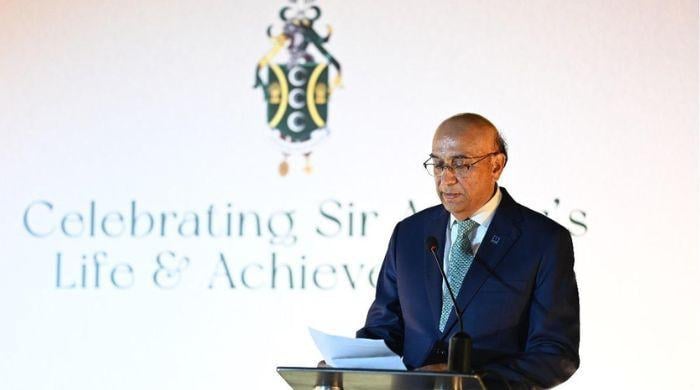'Clear' provisions of SC order on LG to be implemented 'immediately', clarification to be sought on rest: Saeed Ghani
Saeed Ghani says Supreme Court ruling affects federal and provincial governments
February 02, 2022
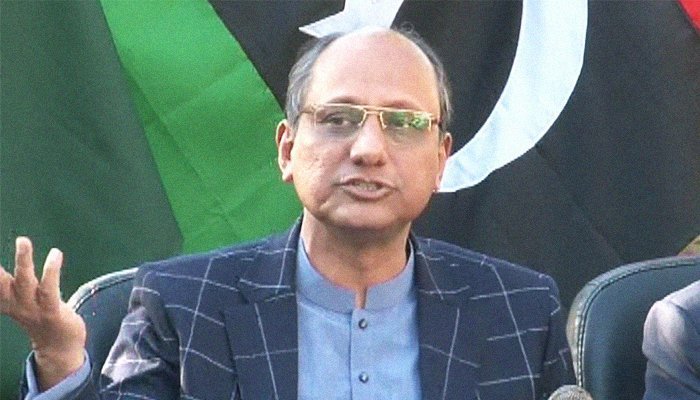
- Saeed Ghani says committee has been formed to look into Supreme Court decision of local government law.
- Sindh information minister says SC ruling applicable on all provinces.
- Says clarification will be sought on the sections of order which are not clear.
KARACHI: A day after the Supreme Court's decision on local government law in Sindh, provincial information minister Saeed Ghani said that the provisions that are “clear” will be implemented “immediately”, while the provincial government will seek “clarity” on the provisions that are not clear.
Speaking to the media after attending the provincial cabinet meeting, Ghani said that the government is planning to make changes to the law following its agreement with the Jamaat-e-Islami (JI).
“A committee has been formed to make changes in the local government laws. The committee will now look where changes are required. However, till the new local body elections, district counsellors will keep on working,” said Ghani.
Read more: SC verdict to empower Sindh local bodies a 'historic' decision, says Farooq Sattar
Coming to the Supreme Court verdict, the minister said that the order was discussed in “detail” in the cabinet meeting and a committee has been formed to look into the decision.
“We will look at which provisions need to be implemented,” said Ghani.
The Sindh information minister said that the apex court in its decision had declared two sections of the 2013 local government law as "illegal" and it was not a “big deal”.
“Supreme Court judges understand the law better than us; however, a review application will be filed before the Supreme Court on some things,” said Ghani.
The minister was also of the view that the Supreme Court ruling is applicable to all provinces and affects the federal and provincial governments.
Read more: JI announces to end sit-in as Sindh govt agrees to amend LB law
“Governments always carry out delimitation of national, provincial and local government (seats). Peoples Party has always fought and won elections on constituency’s made by [its] rivals. But in our time the delimitation is done by the Election Commission,” claimed Ghani.
The minister said that governance cannot be done with “limited” powers.
“Local government institutions have financial and administrative powers therefore those sections of the Supreme Court verdict are clear will be implemented at once. Clarification will be sought on the sections which are not clear.
The committee has been formed to review the [Supreme Court] decision and it will approach the court regarding the clauses that require clarification,” said the ministers.
SC directs Sindh govt to empower local bodies over MQM-P petition
A day earlier, the Supreme Court (SC) directed the Sindh government to devolve powers to the local government in the province as per the constitutional laws while giving its verdict on a petition filed by the MQM-P.
MQM-P had moved the court seeking transfer of power to the local bodies in Sindh, through a plea filed in 2013.
Giving the verdict on the plea, former chief justice Gulzar Ahmed stated that it was the local governments' prerogative to make and implement master plans and the provincial government cannot start a project which is under the local government's jurisdiction.
"The Sindh government is bound to create autonomous local bodies under Article 140-A of the Constitution of Pakistan," the CJP remarked, directing it to ensure the transfer of financial, administrative and political powers to the local government.
Read more: Local Bodies Amendment Bill passed in Sindh Assembly, MQM opposes
Moreover, the court also annulled Sections 74 and 75 of the Sindh Local Government Act (SLGA) 2013 [pertaining to the transfer of functions from councils to government and commercial schemes] and ordered the provincial government to make amendments to all laws.
"Make sure that all the laws are in line with Article 140-A," the court remarked, while disposing off MQM-P's petition.
As reported by Dawn, MQM-P, then MQM, had challenged the SLGA in the apex court in October 2013. The Sindh Assembly had passed the SLGA-2013 on August 19, 2013, despite strong opposition by the MQM




